Cumin is often used in ethnic cuisine.
In particular, it is an indispensable spice for curry, a typical Indian dish.
However, only a few households keep cumin on hand, so you may find yourself in a situation where you want to make an authentic curry, but you don’t have any! I want to make an authentic curry, but I don’t have cumin!
Oh no!!! I don’t have cumin. What shall I do…
So this time, we would like to introduce some useful “cumin substitutes” for those times when you need cumin.
If you don’t have cumin, please take a look!
What is cumin? Its role and what to look for when choosing a substitute
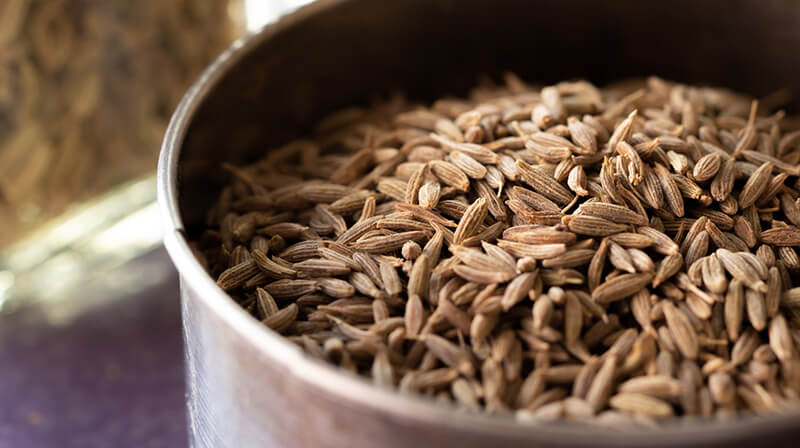
Cumin is an annual or biennial herb in the family of Seriaceae.
The seeds are used primarily and are called “cumin seeds.” The seeds have a strong aroma, bitterness, and pungency and are used as a spice.
This cumin has the following roles.
The Role of Cumin
Scenting
The most crucial role of cumin is aromatization. Cumin has a strong aroma; roasting it before cooking makes it more robust and transfers it to other ingredients.
Especially in ethnic cuisines, the aroma is an integral part of the meal, and cumin is an essential spice for ethnic cooking.
Seasoning
Cumin is the main ingredient in curry powder. It has little sweetness, and its primary taste is bitter and pungent with a slightly greenish flavor, which is essential for making curry and its aroma. However, it does not have a strong, overpowering flavor, making it suitable for various dishes. It is also used to flavor sausages, pickles, and meat sauces.
Appetite-enhancing & Health Benefits
Cumin is often used more for its aroma than its flavor, and its unique, excellent aroma can stimulate the appetite. In addition to increasing need, cumin is expected to promote digestion, have anti-cancer effects, and relieve stomachache and abdominal pain.
The strength of the aroma is significant for cumin, so if you are going to use a substitute, it would be better to choose a “highly aromatic” one.
6 great substitutes for cumin
Cumin is used for flavor, of course, but also as an aromatic spice, so a well-scented kick is a good substitute.
Substitute for cumin: Cumin powder
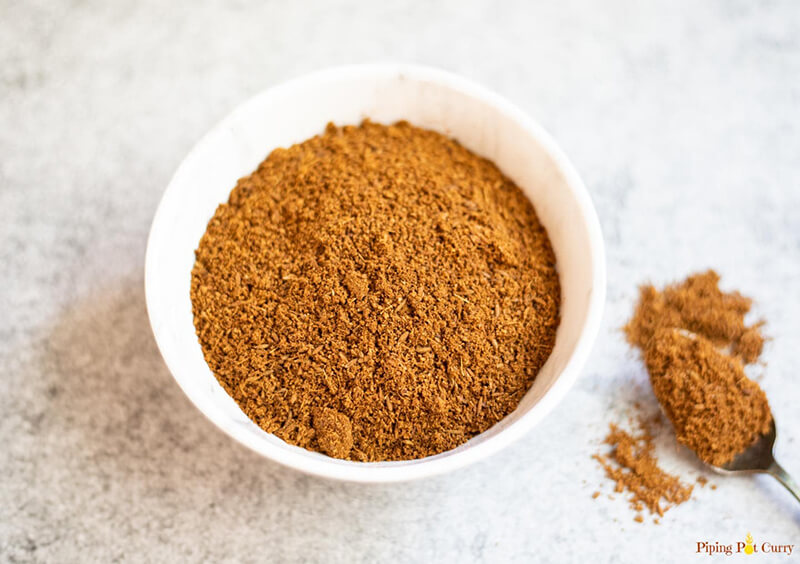
Cumin powder is a powdered version of the seeds (seed), so it can be substituted without problems.
It is also recommended to keep cumin powder on hand for use in everyday meals, as it is more readily available and has a more authentic flavor than cumin seeds.
What to prepare
- Cumin powder
Usage
When making hamburgers or cooking rice, it can be used as a flavor enhancer by mixing it together.
In the case of curry or stir-fried vegetables, it can be added at the end of cooking rather than at the beginning to add aroma without losing its flavor.
Substitute for cumin: Nutmeg
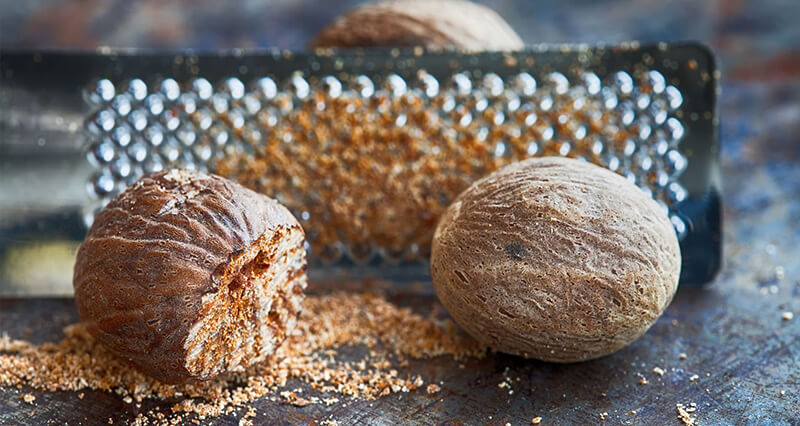
Nutmeg, like cumin, is a spice with a sweet and mildly bitter taste.
Its zest is about the same as cumin and is only slightly perceptible. It has a strong aroma, making it a perfect choice for aromatizing.
The bitterness, in particular, is similar to cumin, so that it can be used as a substitute.
However, its sweet aroma increases when heated, so a little ingenuity is required.
What to prepare
- Nutmeg powder
- Grated ginger
- Grated garlic
Usage
For stir-fry dishes, add grated ginger or grated garlic to the ingredients along with nutmeg powder. This will add a tangy and pungent flavor.
For stewed dishes, heat for 2 to 3 minutes after addition. Be careful not to overcook so as not to lose the aroma.
Substitute for cumin: Garam masala
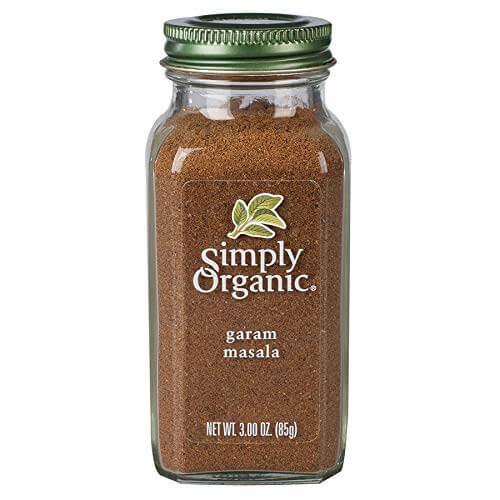
Garam masala is a spice that is considered an Indian mixed spice and contains a variety of spices.
Cumin is also included in garam masala and can be used as a substitute without any problem.
It contains cumin and about ten other spices, including black pepper, cardamom, coriander, and nutmeg, giving it a deep, spicy aroma.
What to prepare
- Garam Masala
Usage
A small amount can be used to add aroma when mixing into hamburgers and other dishes.
In the case of curry or stir-fried vegetables, a small amount can be added at the end of cooking, rather than at the beginning, to add aroma without losing its flavor.
Garam masala contains a variety of spices in addition to cumin, so when using it as a substitute, be sure to add it carefully so that the overall flavor of the dish is not lost.
Cumin substitute: Curry powder
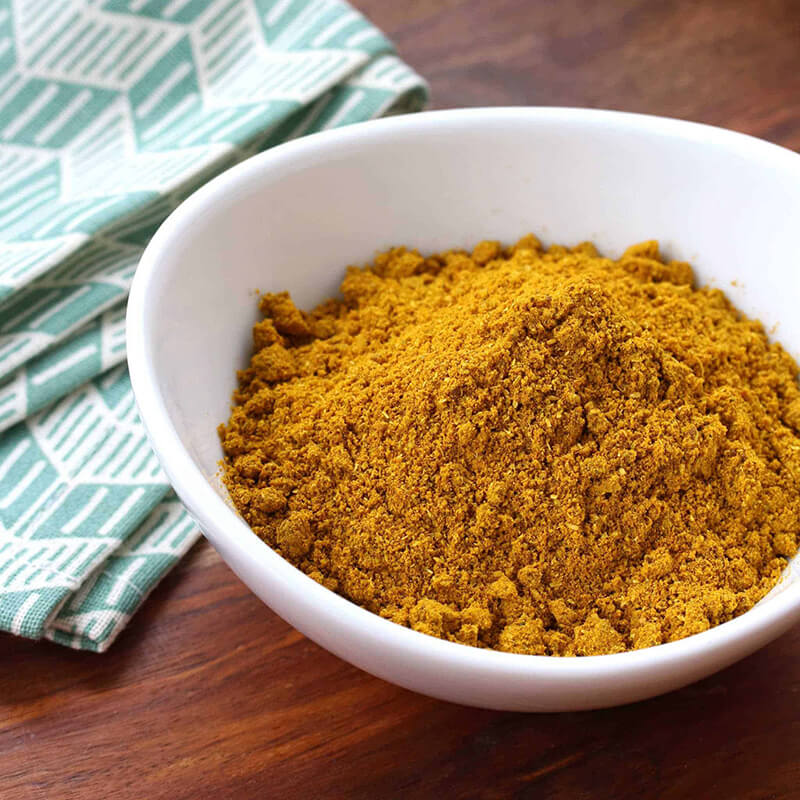
Like garam masala, curry powder, a mixed spice, can be used in place of cumin.
Curry powder contains a variety of spices, including cumin.
However, curry powder contains many spices besides cumin, which has a strong aroma and flavor. So be sure to use it a little at a time.
What to prepare
- Curry powder
Usage
Like cumin powder, you can knead it in or sprinkle it on as a finishing touch.
If you sprinkle a lot, the “curry taste” will become stronger, so sprinkle a little at a time while keeping an eye on the situation.
Substitute for cumin: Caraway seed
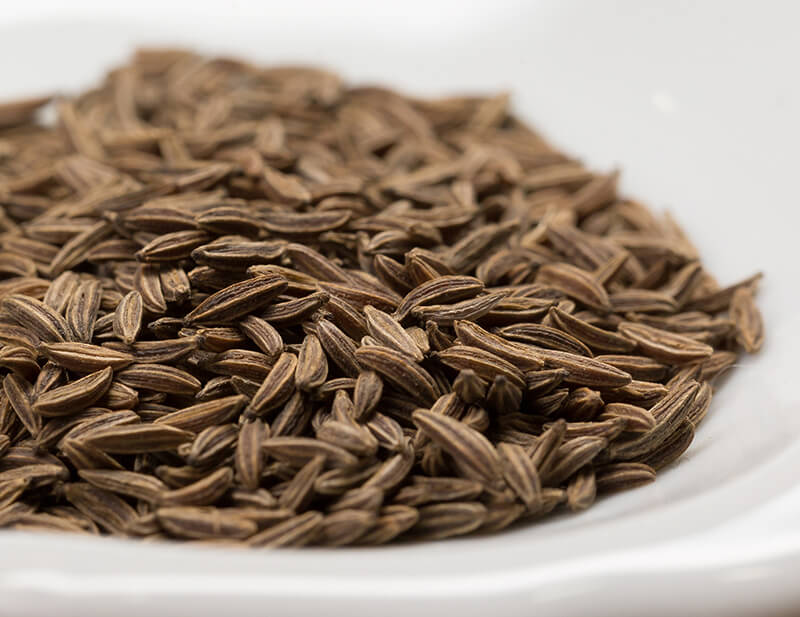
Caraway seed is another good cumin substitute.
Caraway seed is in the same family as the cumin seed, the Seriaceae family, and the seeds are similarly shaped.
The caraway seed has a sweet and refreshing aroma that is cool and similar to cumin seed.
You can use the same ingenuity as nutmeg to disguise the sweet aroma.
What to prepare
- Caraway Seeds
- Grated ginger
- Grated garlic
Usage
As with nutmeg, add grated ginger or grated garlic when heating. If you want to knead it into a hamburger patty, it is best to grind it into a powder using a mortar and pestle before use.
Substitute for cumin: Ajowan
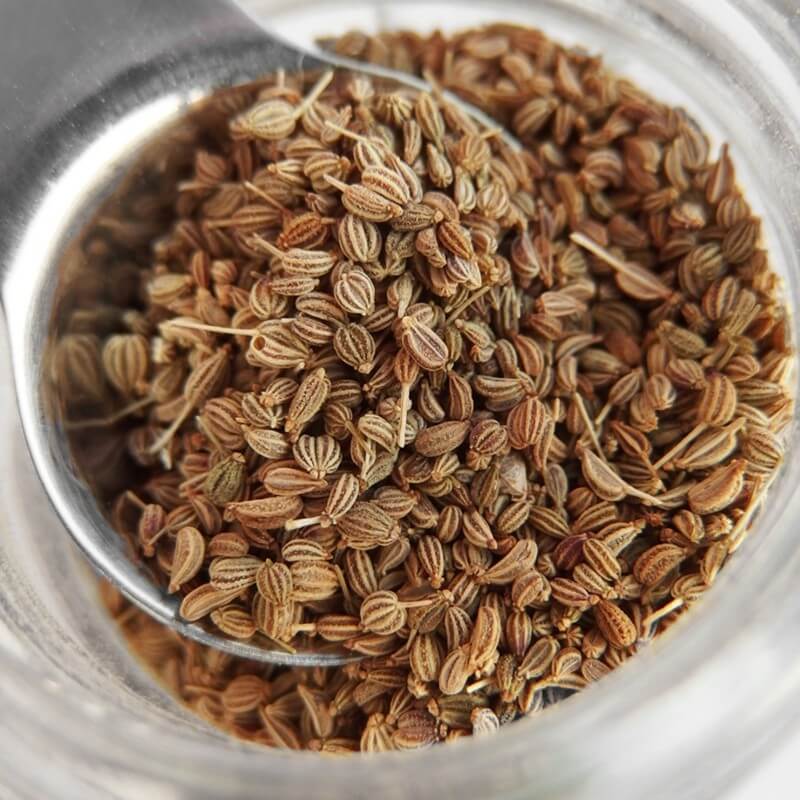
Ajowan, another spice, is also a good substitute for cumin.
Although some people may need to become more familiar with it, ajowan is also an essential spice for curry.
However, it has a strong aroma and spicy taste, so it is better to check it a little when using it.
What to prepare
- Ajowan
- Knife
How to use
Because of its strong aroma, use it only in minimal quantities. Like cumin, it should be sauteed with oil when heating. The more it is chopped, the stronger the aroma becomes, so use a knife to adjust the amount as you use it.
Unsuitable substitutes for cumin
Spices can be a good substitute for cumin powder, but the following spices are not suitable substitutes.
Cinnamon Sugar
Cinnamon is found in garam masala, but the sugared version is suitable for sweets and tea. Because of its sweet taste, it cannot be used as a substitute for cumin.
fennel
Fennel has a bitter taste and could be used as a substitute for cumin, but its unique sweet flavor makes it difficult to use as a substitute for cumin.
Turmeric
Turmeric, along with cumin, is also found in curry powder, but it is mainly used as a coloring agent, so turmeric by itself is not suitable for producing bitter or spicy flavors.
If you have spices at home and think, “Maybe I can use this?” If you find spices at home and think, “Maybe I can use this,” check if the aroma is strong, bitter, or pungent before use…
Summary
- Cumin is a herb of the family Seriaceae, whose seeds are used as a spice.
- Cumin has a characteristic cool and refreshing aroma and is mainly used as an aromatic agent.
- Cumin powder, nutmeg, or garam masala can be used instead of cumin.
- Nutmeg has a more intense sweet aroma when heated, so it is better to use it with ginger and garlic.
- Garam masala uses several spices in addition to cumin, so if you use it, use only a tiny amount.
- The same spices as cumin, but cinnamon sugar, which contains sugar, fennel, which has a strong sweet aroma, and turmeric, which is used for coloring purposes, are not suitable substitutes.